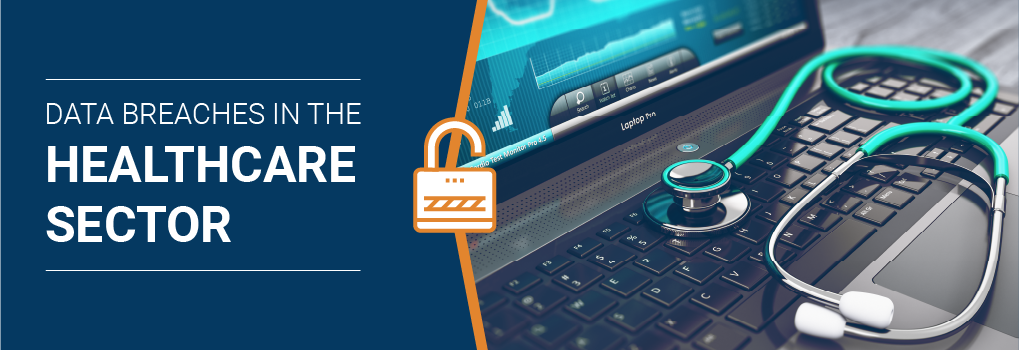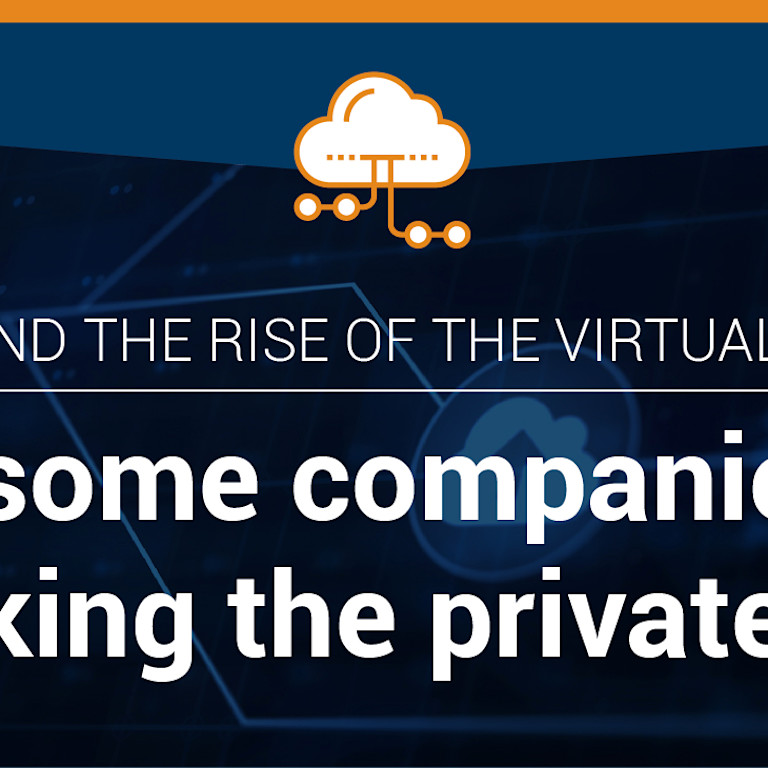September 28, 2020
What makes healthcare data so valuable to cyber-criminals? The unique risks and results that our digital healthcare systems face.

When it comes to cybersecurity these days, most people are more concerned about keeping their financial information safer than their health information, even though PHI (Personal Health Information) is significantly more valuable on the black market. When a bad actor obtains the name, birthdate, social security number, and medical history for an individual, not only can they establish a counterfeit identity, they can bill insurance companies for phony medical procedures. Cybercrime Magazine recently quoted former FBI Special Cybersecurity Agent Scott Augenbaum as saying:
“It’s dangerous out there, bad guys steal your stuff; you’re probably not getting it back. It’s not that I’m telling organizations that they have to completely change the way they do things. They just need some individuals who know how to prevent this problem, so they don’t need to be the next victims of identity theft or cybercrime.”
As if the challenge of COVID 19 were not enough for healthcare workers right now, hackers have used it as an opportunity to capitalize on the special risks that exist in the digital healthcare environment including:
Lack of a two-factor authentication process.
Gaps in security systems for health care providers who work from home.
Being an attractive target for ransomware attackers who are willing to hold data hostage even if it puts patients’ lives at risk – as many as 36 cyber-security-related deaths per 10,000 patients have recently been
The number of unencrypted, unsecured medical devices that are interconnected and need to be in order to deliver quality patient care.
The healthcare industry experiences two-to-three times the number of cyberattacks each year when compared to other verticals and has seen triple-digit increases since 2018. Going forward, Cybersecurity Ventures, an organization that is dedicated to cybersecurity research and statistics, believes that “people can be hacked via their wirelessly connected and digitally monitored implantable medical devices (IMDs) — which include cardioverter defibrillators (ICD), pacemakers, deep brain neurostimulators, insulin pumps, ear tubes, and more.” This, combined with a current shortage in cybersecurity professionals that is sure to grow over the next decade, are serious causes for concern!
Are you looking for an expert in this area?
It’s easy to start a conversation by email or phone so we can find out more about your questions and concerns.
At FoxNet, our Managed Services provide healthcare organizations peace of mind by constantly monitoring their networks to prevent data breaches, protecting them from ransomware threats, and identifying phishing expeditions with intent to steal PHI. We’ve been designing, deploying, and managing all types of IT infrastructures for health-care providers throughout the region for many years. We’re extremely proud to have been recognized as one of Canada’s Top 100 Service Providers by CDN Industry magazine, and we were included in this year’s Cloudtango’s Top 50 MSPs in Canada list. If you’d like to learn how to keep your data in the cloud safe and your operations running smoothly, reach out to us today at [email protected].



